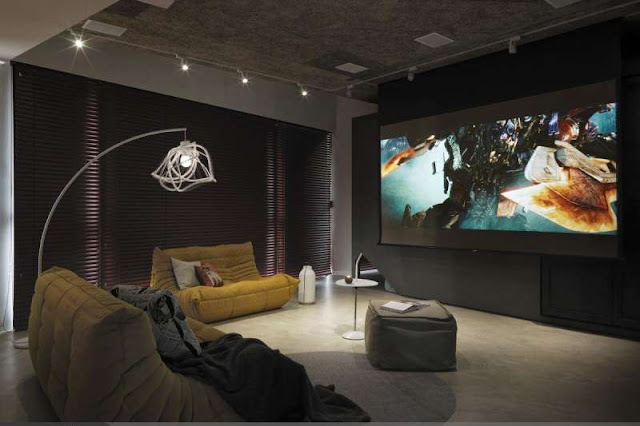Why choose it?
There are consumers that like to build their own rigs, and then there are those that want to buy a finished product that will be up and running in a matter of minutes. The mini PC market caters to both demographics, and you can choose according to your preference and level of PC-building experience.
Keep in mind that “bare-bones” mini-PCs, although much cheaper than their ready-to-go counterparts, come only with the case, the motherboard, and the processor (Wi-Fi, Bluetooth, and USB ports are included on both models). This means that procuring and installing the RAM and the hard drive will fall on your shoulders. This is a good option if you want to reuse old PC parts, but make sure to check if they are compatible first.
Deciding on the CPU Manufacturer
AMD and Intel have been at war over the CPU throne for what seems like ages now, and when choosing a mini PC, picking the right brand from the start will be imperative. This is because you cannot replace the CPU as it comes integrated into the motherboard—you actually can do this yourself, but it will void the warranty. Be sure to research both options
Durability and Temperature Control
When you have a standard tower PC, you can easily optimize cooling and temperature control, and upgrade whenever you like with liquid cooling and additional fans. The same cannot be said for mini PCs, so you need to take the problem of temperature control and overall durability seriously before you invest.
A sound way to avoid a mini PC overheating or breaking down two months out of the box is to look for an industrial grade fanless PC
Decide on the Hard Drive or SSD
The amount of storage in a PC is important, but with the birth of the high-powered SSD drives, the speed and performance of the hard drive must also be taken into account. Not long ago, HDD drives dominated the market, however, SSDs are quickly becoming the preferential choice for those looking for unimpeded performance across the board.
That said, they do cost more. In regards to mini-PCs, you can choose between two types: M.2 and 2.5-inch drives. While the M.2 is flash storage only, the 2.5 gives you the freedom to choose between HDD and SSD drives. If you’re an SSD aficionado, though, there is no reason not to choose the M.2 option.
Portable PCs are the way of the future, and as people are increasingly taking their favorite gadgets on the road with them, traditional tower PCs are becoming obsolete. If you’re considering buying a mini PC this year, let these tips guide you towards the most cost-effective decision.
Learn more?
See it https://www.hystou.com/
Learn more?
See it https://www.hystou.com/






评论
发表评论